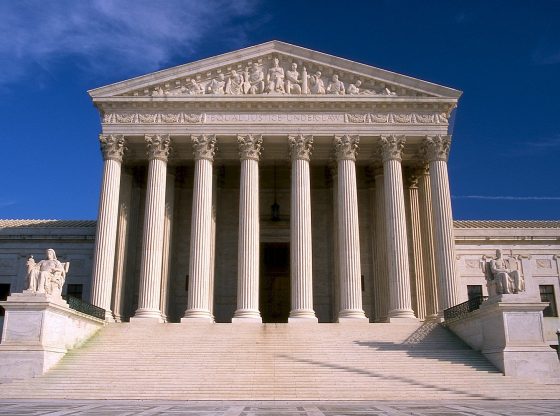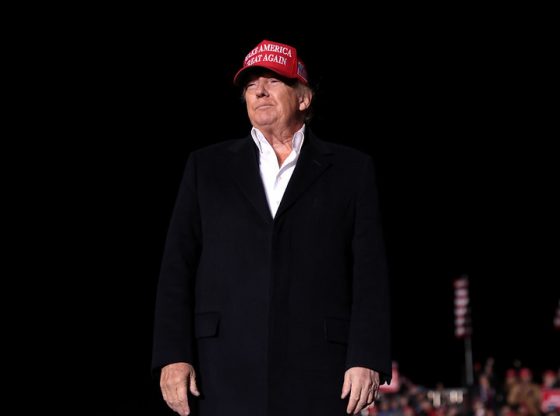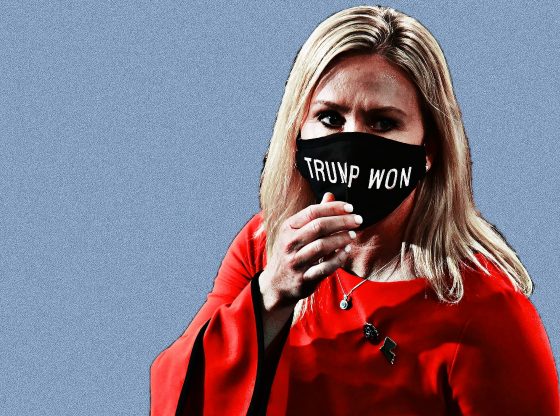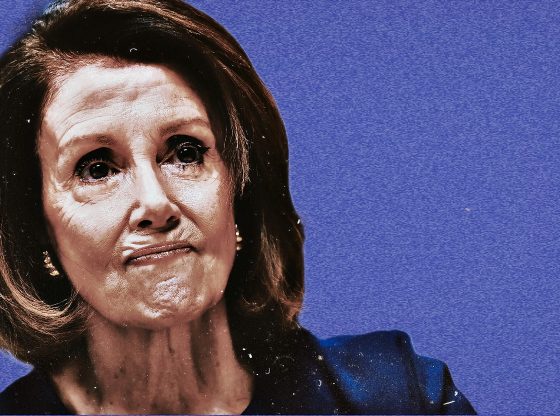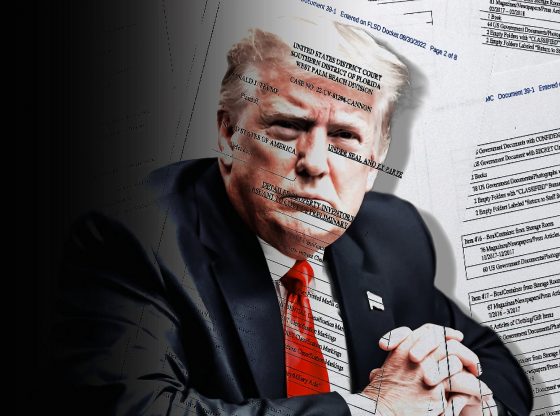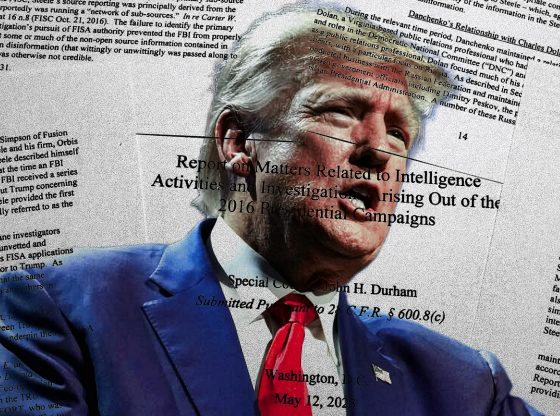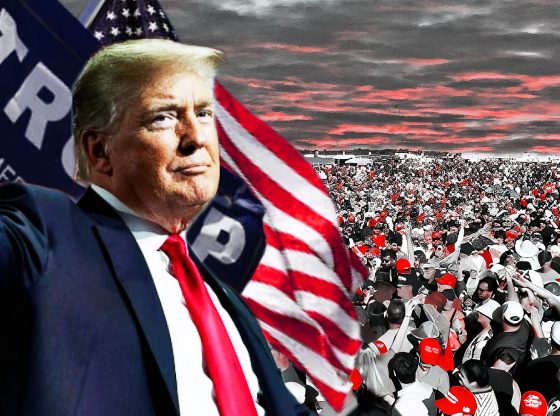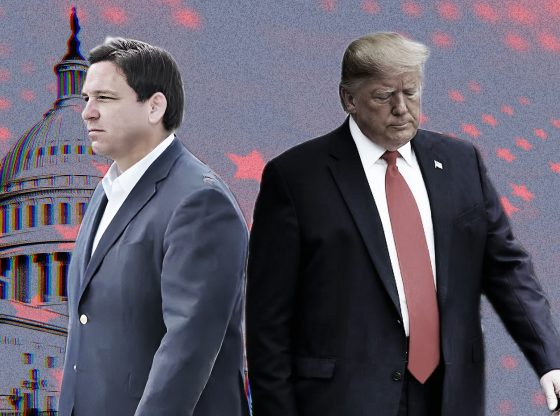The Supreme Court ruled 5-4 that the Consumer Financial Protection Bureau (CFPB) which was created under the Obama admin unconstitutionally limited the reasons the director could be fired by the President.
It is a major reversal of the almost unlimited powers granted to the bureaucracy.
According to Fox News:
The CFPB is partially the brain-child of former Democratic presidential candidate Sen. Elizabeth Warren. D-Mass., and was signed into law by former President Obama in the wake of the 2008 recession and mortgage crisis. The ruling from the high court could affect the authority of dozens of other federal agencies with quasi-independent status, like the Federal Reserve and the Social Security Administration.
“We therefore hold that the structure of the CFPB violates the separation of powers. We go on to hold that the CFPB Director’s removal protection is severable from the other statutory provisions bearing on the CFPB’s authority. The agency may therefore continue to operate, but its Director, in light of our decision, must be removable by the President at will,” the court stated.
Big banks & their allies will do anything to undermine the @CFPB – even ask the Supreme Court today to shut it down. We won’t let President Trump gut the consumer agency & let the big banks go back to cheating customers & gambling with our economy. pic.twitter.com/fWzldBkgQc
— Elizabeth Warren (@SenWarren) March 3, 2020
Let’s not lose sight of the bigger picture: after years of industry attacks and GOP opposition, a conservative Supreme Court recognized what we all knew: the @CFPB itself and the law that created it is constitutional. The CFPB is here to stay.
— Elizabeth Warren (@SenWarren) June 29, 2020
Let’s not lose sight of the bigger picture: after years of industry attacks and GOP opposition, a conservative Supreme Court recognized what we all knew: the @CFPB itself and the law that created it is constitutional. The CFPB is here to stay.
— Elizabeth Warren (@SenWarren) June 29, 2020
Former White House Counsel Don McGahn responded to the ruling:
“Today the Court took a stand against unaccountable government bureaucracies, and took a step toward restoring our Constitution’s separation of powers,” McGahn said. “Per the Court, unelected bureaucrats exercising executive power must be removable at will by the President, thus restoring some accountability.”
Monday’s ruling could also be an ominous sign for the red states backing a suit to invalidate the Affordable Care Act, also known as ObamaCare, over the removal of the financial penalty related to the individual mandate. The Trump administration has supported the effort, submitting a brief to that effect last week. The red states and the president argue that because there is no longer a financial penalty for not buying health insurance, the mandate can no longer be read as a tax and is unconstitutional. They further say that the individual mandate is so closely tied to the intent of the law that the rest of it cannot stand without the mandate — that it is not “severable.”
Many have pointed to the victory separation of powers received in the ruling.

